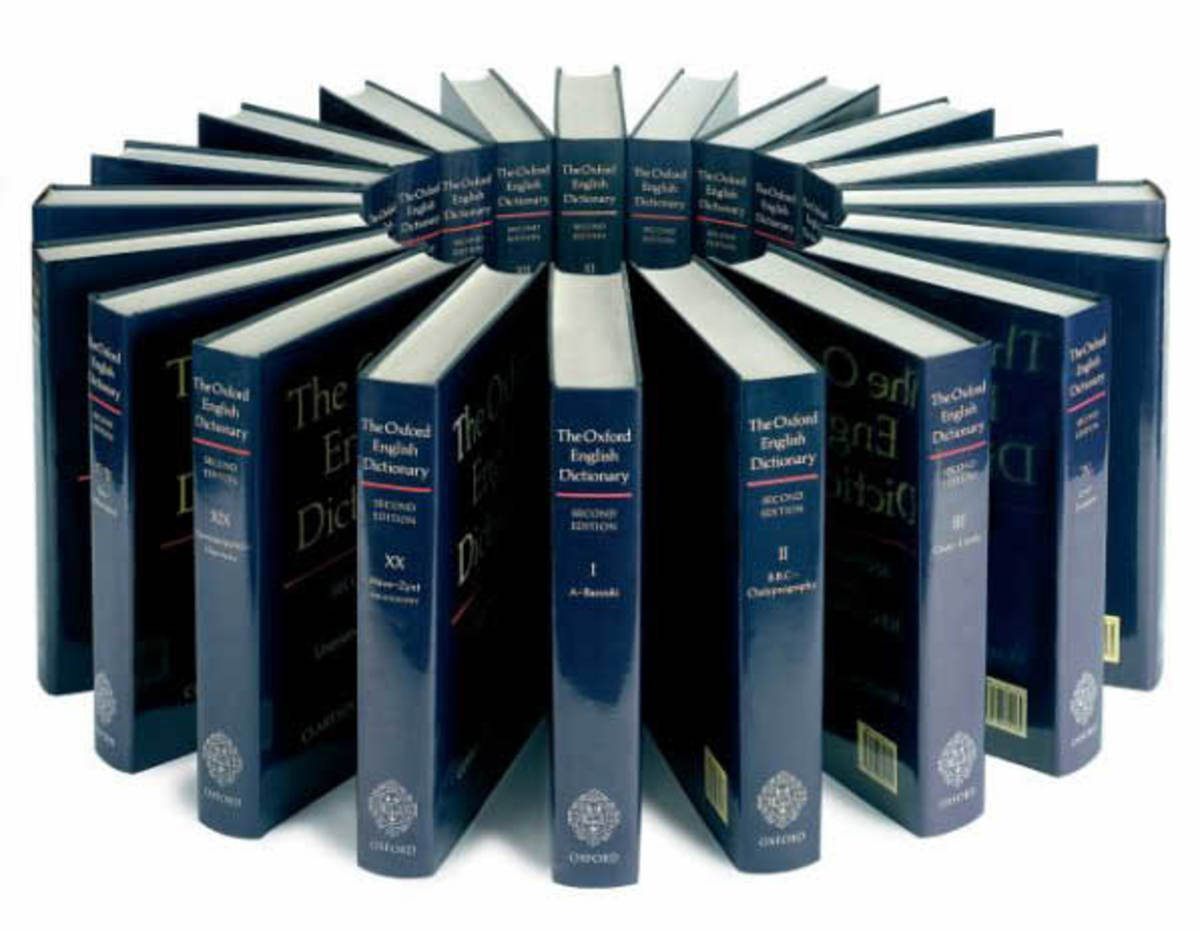Internship Experience

Yesterday, I began my summer internship with the Marijuana Policy Project (MPP). Obviously, there are some things about my internship that I will not be able to discuss because of the privacy policy or confidentiality agreement I had to sign. However, I think this topic of words is fine to discuss.
There were, of course, several interesting aspects of my first day; however, I found the most interesting part to be a particular section of reading I had to complete. The section concerned writing for the MPP, meaning what words to use and what words not to use. For example, when writing on the MPP’s Web site one should use the word “marijuana” not “pot.” I found this part interesting because I have always been intrigued by word usage. The difference between “marijuana” and “pot” is more obvious than some other examples. The former is far more formal than the latter; therefore, in writing for the MPP the formal version is more appropriate. Furthermore, outsiders already assume those that work for MPP and like organizations are always stoned out of their minds. This is obviously not true. I believe drug usage to be vicious; therefore, I do not participate in drug usage. However, I have digressed. More interesting word choices of the MPP are to use “Web site” and not “website” or “web site.” Personally, I find that every variation conveys the same message. None of them have positive or negative connotations. Of course, the MPP could be sanctioning a specific variation so as to promote uniformity on their Web site. Consequently, the Web site is more formal. However, there still had to be a reason way “Web site” was chosen over the other variations. Obviously, it is more formal in some way. I will not challenge the MPP’s choice of word or its more general choice to sanction certain words, yet it is interesting to see that “Web site” is viewed as more presentable than “website” when they convey the same meaning.
In turn, this reminded me of a past episode of Penn Says. In the episode Penn discusses how raci*** in Texas decided to stop using the “n” word and instead use the word “Canadian.” Obviously, the “n” word has a specific and negative meaning; however, “Canadian” does not, but for those raci*** “Canadian” has the exact same meaning as the “n” word. Of course, this calls into question as to whether or not using profanities is virtuous or vicious. Is it the word, or more accurately the sound that is vicious, or the meaning? For example, if I decide the sound "d**" now has the same meaning as "moth********," is it the sound "d**" that is vicious or is it the sound's meaning? If it is the meaning, there is nothing necessarily wrong with making the sound "moth********." Penn discusses this and I discuss it in an earlier post about Penn's Hillary joke. Penn uses the word "bit**," but he classifies the word as nothing more than a spacer word. The word, or sound, has no meaning for him. If the sound has no meaning, then there is no possibility that the sound could be vicious. In that post I also state that other phrases are more offensive than "bit**." For example, if I claim that Hillary Clinton is a whor*** serial killer that eats babies, that is more offensive than calling her "bit**." However, everyone gets riled up when they hear the sounds "fu**," "bit**," "sh**," "da**," "moth** ******," yet the sound "a whor** serial killer that eats babies" yields no response. Unfortunately, people react to the sound not the meaning. The sound is nothing more than a symbol or a representation of a specific meaning. Therefore, if I decide to give the sounds "a whorish serial killer that eats babies" and "cockatoo" the same meaning, then calling someone a "cockatoo" is just as offensive as calling someone "a whor*** serial killer that eats babies."
One other example about words and their meanings that the MPP's word choices reminded me of was a discussion I had with my cousin. Currently, my cousin is in law school and he is particularly interested in word choices and word meanings within laws. Of course, he is studying a much wider spectrum of law, and wants a career as a prosecutor; however, he still finds this particularly interesting. Basically, my cousin argued that some old laws must be amended so as to redefine words. Presently, laws are written with a definition section for the very situation I am about to explain, but in the past they did not. Apparently, in the past the word "regulate" meant "to make regular." Therefore, in the Constitution it says Congress has the authority to regulate interstate commerce, meaning Congress has the authority to make interstate commerce regular, or normal. This has a very different meaning to the modern definition of "regulate." Currently, "regulate" is used interchangeably with "control." The original meaning of "regulate" in the Constitution does not allow for Congress to "control" interstate commerce, but to remove barriers so as interstate commerce can occur smoothly, or "regularly." Therefore, the problem is, do the meanings of words within the law morph with the times, or do the remain the same; thus, warranting amendments? Those that argue that the meanings morph over time basically argue that there is no law. If the meanings of words within the law can change over time, then the words within the law can mean anything. The punishment of fifteen years imprisonment for child molestation could then mean fifteen years of freedom to stroll about on the most popular playgrounds. However, the law could even have a more ridiculous meaning. A law punish child molestation could mean that purple bubbles hfihaohfd every same five goronhymes. If the meanings of words within the law change over time, then there is no reason to write the laws down. According to my cousin, what needs to be done is laws need to be amended with definitions, so that the meanings of these words is undoubted. Once again it is the meaning of the word, not the word, its sound, or its appearance that matters.
Website Designing
- Website Designing | Web Development | Domain Registration & Hosting Agency
Magnus Communications offers Best & Reliable Solution for Website Designing, Web Development,Web Hosting,Logo Designing, Domain Registration Worldwide. - The importance of education in Pakistan
This old saying of invest in rubies so that you earn profit in diamonds might be one very correct formula for our Pakistani government to think about investing in education so that we see a substantial future. - JUVENILE DELINQUENCY IN PAKISTAN
A high proportion of adult criminals have a background of early delinquency. Theft is the most common offense by children.








